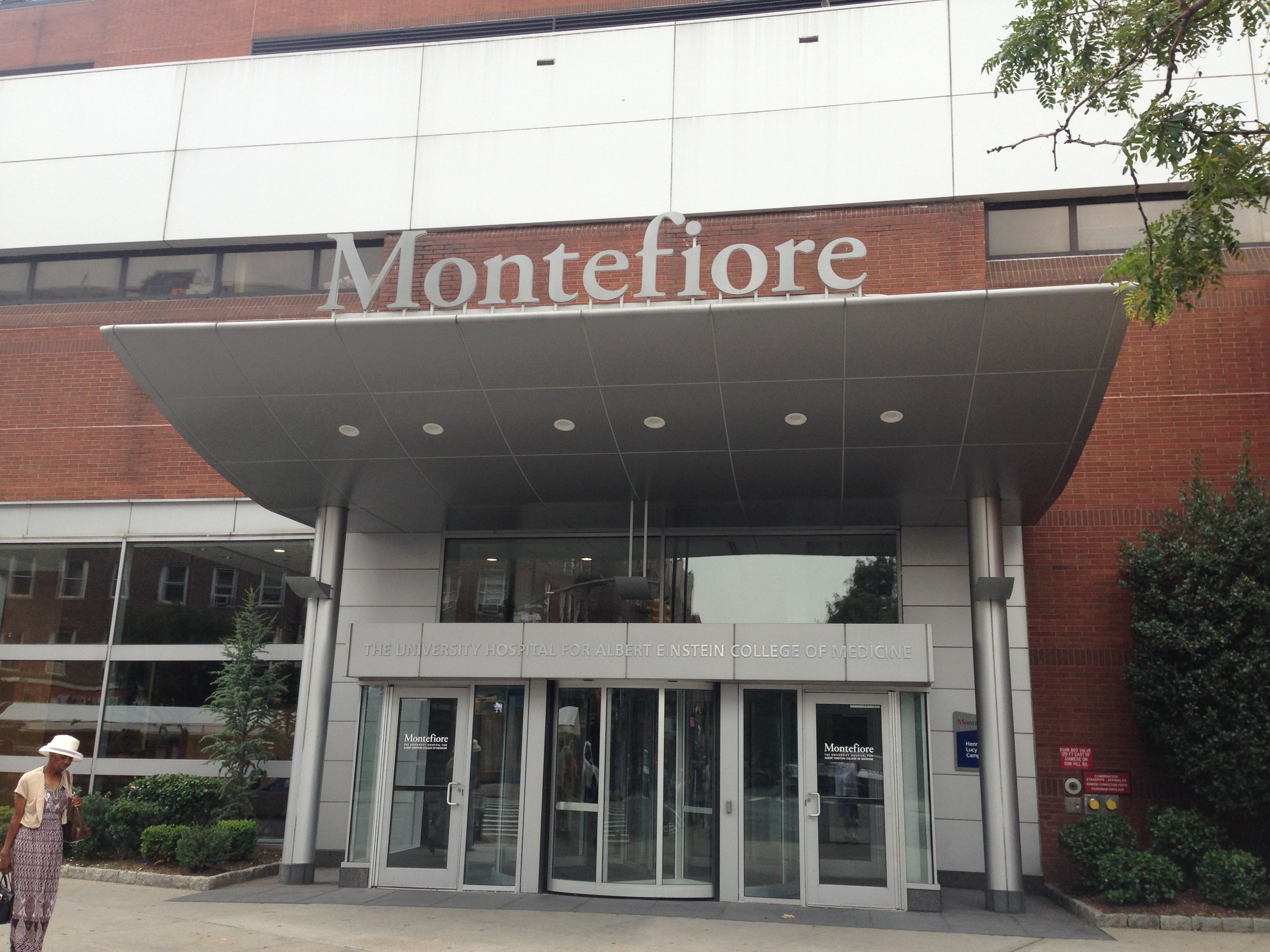Weekend Box #102: China Tests Pacific Waters, St David’s Day & more
Welcome to The Weekend Box, Audley’s weekly round-up of interesting or obscure political, business and cultural news from around the world.
Image credit/European Space Agency on Flickr/Edited/License
CHINA TESTS PACIFIC WATERS
US government officials are on the alert, as uniformed Chinese police officers are reported to be stationed on the Pacific island of Kiribati, sparking concern about the increasing presence of China in the Pacific region.
Kiribati, whose closest island is 1300 miles south of the Hawaiian capital of Honolulu, holds a strategic position, having the largest ocean Exclusive Economic Zone in the world. While US President Joe Biden pledged to create economic ties with the Pacific region at a summit in September 2023, China’s increasing influence in the region was already apparent when the Solomon Islands agreed to a Chinese security pact in 2022. In January, the island country and microstate Nauru cut ties with Taiwan, depriving it of one of its last diplomatic allies.
This is not the first time that US and Chinese diplomacy have created friction in the region. China’s Belt & Road Initiative published in 2013 spurred the declaration of the US’ Indo-Pacific Strategy, a roadmap of economic and democratic growth for the Indo-Pacific. Biden’s subsequent opening of a US embassy in Tonga in 2018 intended to consolidate years of diplomatic presence in the region, stifling Chinese influence.
The Chinese officers in Kiribati are believed to be overseeing Community Policing, Martial Arts programmes, and assisting with IT development, working alongside the island’s local police with no official Chinese police station on the island. Whilst no confirmation of the officers’ presence has been offered by China, a US state department spokesperson warned against the implications of this move for wider regional tensions.
China’s ambassador to Australia reportedly said that China has a strategy to “form policing ties” in the region to “help maintain social order,” and that there was no reason for Australia to be concerned by this. Whether or not Australia is, the US will certainly be watching…
LET THE REPORT SHOW…
The key to foreign correspondence has always been and will always be unfettered access to cities, towns, and countries, no matter what is happening on the ground. This is why, this week, 55 journalists have signed an open letter calling for both the Israeli and Egyptian governments to allow “free and unfettered access to Gaza.”
As it stands, access has been blocked to journalists post-October 7th, meaning that only those who happened to be within Gaza at the time of the October 7th attacks have been able to report. Many of those have since, very sadly, been killed. A second letter published within the last 12 hours, co-ordinated by the Committee to Protect Journalists (CPJ), highlights that “at least 89 journalists and media workers in Gaza” have been killed in the conflict, and calls for both the protection and freedom to report of journalists working in the war-torn region.
There have been a handful of selected correspondents who have been invited to 'embed' for a short time with the Israeli military (IDF). This has meant brief, escorted tours inside the strip. These “rare” trips, as the former letter describes them, allow nowhere near the depth of reporting and coverage required of this war and the emerging humanitarian crisis.
The limited access has seen rise to any number of unverified stories circulating. It is becoming increasingly hard to separate the fact from fiction, where there is limited fact-checked information to rely upon. The longer access is denied, the more confusion reigns and falsities are circulated, all of which make the path to peace the more difficult and compound an already exceptionally complex situation.
Image credit/University of Essex . on Flickr/License
LEARNING THE HARD WAY
Tackling small boat crossings is not the only immigration policy pursued by the UK Government. International student arrivals have also seen tough reform, and new data this week suggests that this may be having a marked negative effect on British universities.
Enroly reports a 37% drop in the number of international offers over the past year, following new rules introduced in January restricting international students’ ability to bring family members to the UK with them.
These early data are hard to interpret, but it has led to concern from the heads of British universities that they are facing reduced demand as a result of UK Government policy. It is well-known that UK institutions are reliant on fees from international students to stay in the black and are locked in ever stiffer global competition. The government is saying precious little about any new domestic policies to make up the shortfall.
Last week former universities minister Jo Johnson rowed into the debate. Mr Johnson suggested that universities should be free to raise tuition fees for British students in line with inflation, stating that institutions are effectively losing money to teach UK citizens. He also argued that international students should only be counted in migration stats if they stay on post-study.
Mr Johnson added that universities must commit to ensuring that entry requirements for international students are comparable to those for domestic ones. Similarly, they must be more transparent on the actual grades of students accepted, as they are often lower than the grades advertised.
Britain boasts world-class universities which attract students from the world over. Public policy will have to adapt to keep it that way.
Image credit/Hugo L. González/License
A STROKE OF GENIUS AT EINSTEIN COLLEGE
Audley has been looking into philanthropy recently. Notably, Americans are more generous in their charitable giving than us Brits. Several factors - including less reliance of state funding, greater expectations around supporting community assets like schools or cultural institutions, and tax incentives - all foster such generosity. Likewise, the status and recognition that can come with having a library or hospital wing bear your name. Such recognition incentivises giving at all scales: see givingwhatwecan.org, where guidance on giving effectively combines with the opportunity to publicly pledge what you are giving for all to see.
So, one story this week about a truly spectacular yet determinedly low-key donation to the Albert Einstein College of Medicine in New York’s Bronx borough was especially inspiring. Dr Ruth Gottesman, 93, a trustee and long-time member of staff at the medical school, unexpectedly came into $1billion worth of stock, with an instruction from her late husband to “Do whatever you think is right with it.” She chose to give the entire amount to Einstein to fund free tuition for its medical students, who might otherwise run up some $200,000 of student debt to pay off after graduating, thus enabling a far more diverse range of top students to study there.
Her husband, David Gottesman, was a protégé of Warren Buffet who made an early and highly profitable investment in Buffet’s Berkshire Hathaway, then built his own investment empire in the First Manhattan company, which has some £20bn under investment. His name adorns a hall at the American Museum of Natural History in New York, where he was a major donor. However, having decided to make one of the largest ever donations to a US education institute, Dr Ruth Gottesman insisted that the college did not change its name, saying: “We’ve got the gosh darn name — we’ve got Albert Einstein.”
ST DAVID’S DAY: IN UNITY IS STRENGTH
Crack out the tall hats and Penderyn whisky, it’s St David’s Day! Though before that first glass turns into ‘more than a few’ and the night ends in a rousing rendition of ‘Sosban Fach’ – or Shirley Bassey, take your pick – we’d like to close this Weekend Box with a story about a group of Welsh miners who are paying back an old act of solidarity to their fellows in Ukraine.
In time for the anniversaries of both the 1984-5 miners’ strike and the invasion of Ukraine, VP of the National Union of Mineworkers (NUM) in Wales Wayne Thomas joined a delegation of miners travelling from Wales to Kyiv, to bring medicine and much-needed supplies to support their “mining brothers” on the front line. The donation was a symbolic repayment for monetary support given to Britain’s miners during the strike of the eighties. A newspaper report of the time claims that 50,000 roubles, then equivalent to £46,000, were collected by Ukrainian miners to support the NUM during the first six months of the strike.
Wayne Thomas, who himself was striking during that period, says that he has “never forgotten” the support he and his fellows received from Ukraine. Welsh-Ukrainian Member of the Senedd (Wales’ parliament) Mick Antoniw highlighted that some of the older miners in Kyiv fighting Russia were the same who collected donations for their Welsh counterparts forty years ago: "This is about repaying them and reminding people that Ukraine is the frontline of democracy in the fight against Russian aggression."
Interestingly, the historical connections between Ukraine and Wales run even deeper than this, as the modern-day city of Donetsk was founded by a Welshman. An inspiring thing to see historic ties now being honoured in Ukraine’s time of need.
And that’s it for this week. I hope you found something of interest that you might want to delve into further. If so, please get in touch at cwilkins@audleyadvisors.com.
For now, that’s The Weekend Box officially closed.






